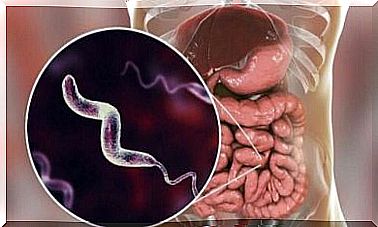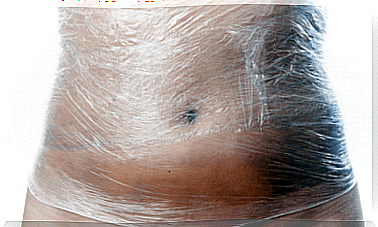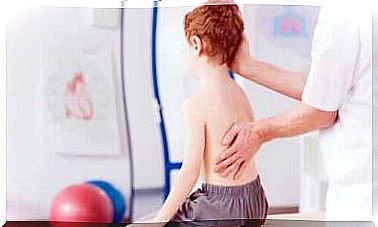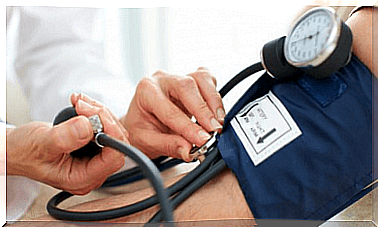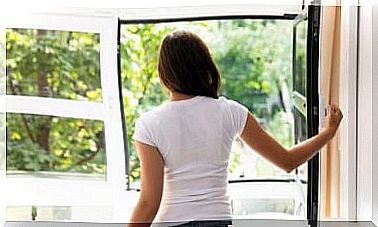Overactive Bladder In Children: Causes And Treatment
Abnormal urge to urinate and urination frequency greater than 8 times a day may indicate that the child has an overactive bladder. In this article, we tell you what its causes, diagnosis and treatment are.
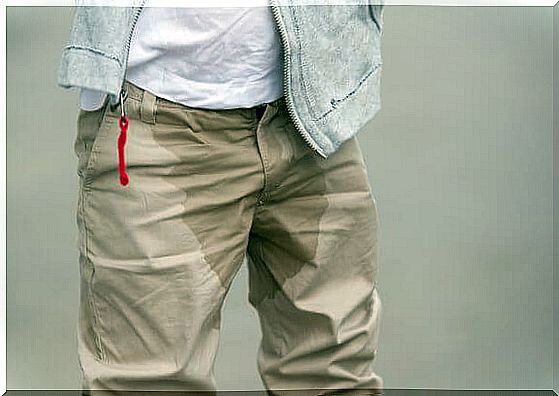
Overactive bladder in children is a syndrome that results in an urgent need to urinate. In these cases, the urge is such that it may even be difficult to control, leading to involuntary loss of urine.
Although this condition can occur in both adults and children, in this article we explain what an overactive bladder in children is, its causes, diagnosis and treatment.
Overactive bladder in children
Overactive bladder (OV) is a syndrome that appears as an emergency, meaning an urgent need to urinate. Normally, this is accompanied by an increase in the frequency of evacuation. It is also the second most common cause of bladder dysfunction in children after bedwetting.
The intensity of the emergency is such that in many cases it is impossible to control it. Thus, the child may have urine loss. This, in turn, can cause serious problems in the child’s life, which can have a negative impact on their social or emotional life.
Indeed, if he experiences urine loss due to the inability to control urinary urgency, the child may begin to avoid or refuse to participate in various activities for fear of experiencing urine loss. For this reason, it is important to pay attention to the symptoms and see a specialist as soon as possible.
Symptoms
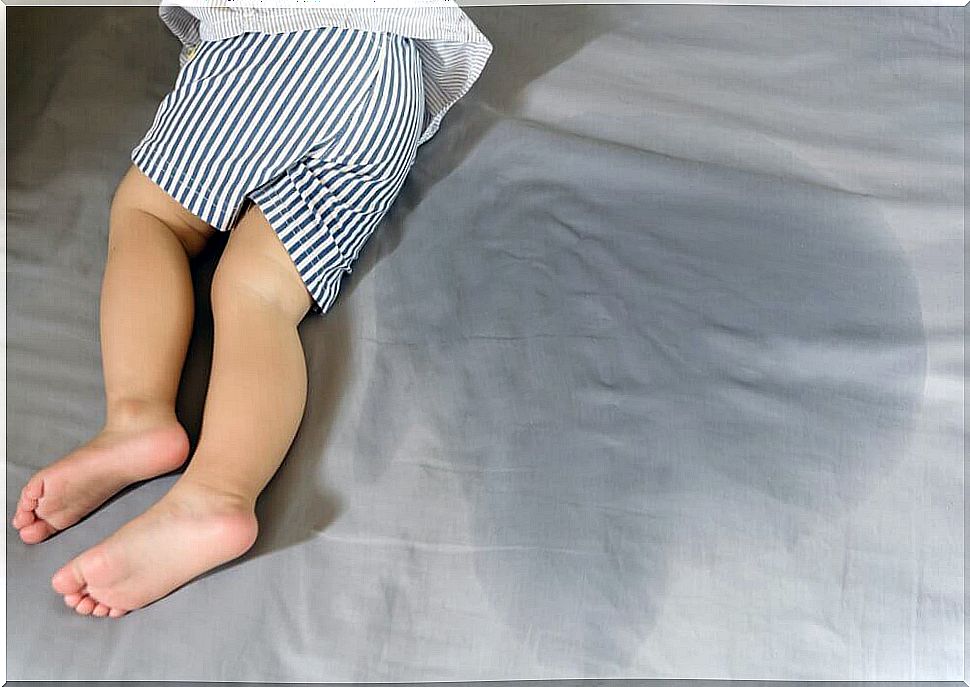
First, do not confuse overactive bladder with other conditions such as bedwetting (urine leakage only at night). VH can be present at any time of the day.
Usually, she has the following signs or symptoms:
- Evacuation frequency more than 8 times a day
- Difficulty controlling the need to urinate
- Possible urine loss
- Retention maneuvers such as sitting cross-legged or adopting other postures to avoid loss
- In extreme cases, urinary incontinence
- Symptoms cause distress or affect the child’s normal life
Causes of overactive bladder
Current theory indicates that VH may be linked to late maturation of the central nervous system. Thus, when the bladder is full, the inhibitory urination reflex will not be activated effectively.
This problem could be related to the physical conditions unique to the child, such as abnormalities of the urinary system, infections of the bladder or kidneys and a lack of maturation of the central nervous system, as indicated. However, it could also be linked to other conditions such as constipation.
In some cases, this is because the child has not learned how to properly control urination (a process that usually begins at ages 3 to 5). That is, the child has not learned to properly control his sphincters.
In addition, disorders such as mental, behavioral, learning or anxiety disorders, among others, can count among their symptoms the appearance of an overactive bladder.
Diagnostic
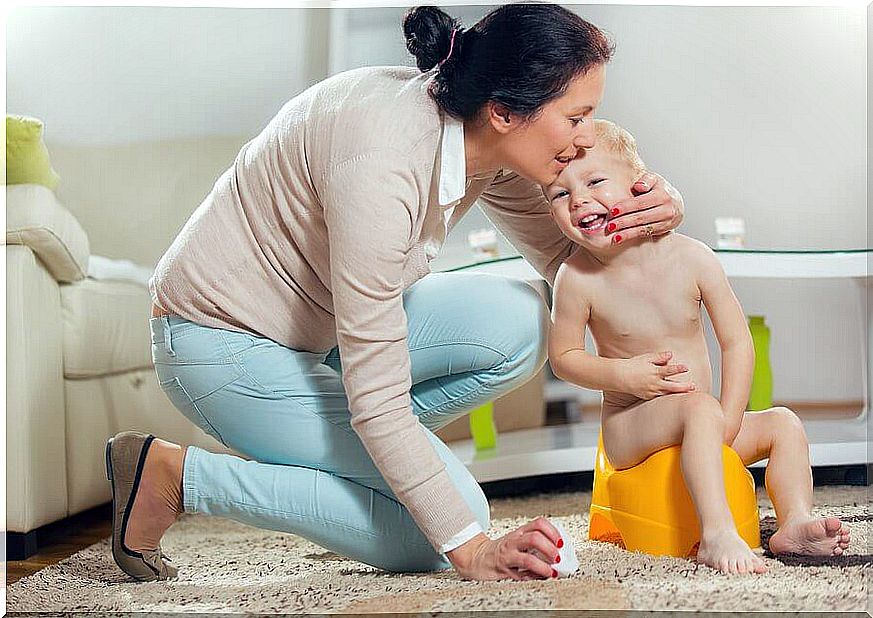
In order to make a diagnosis of VH, the doctor will perform the following tests and examinations:
- Full history: Parents and child (if possible) should detail urination patterns. A “urination diary” will be requested for a few days during which the frequency and intensity of urine will be checked. In addition, the doctor will consult the history of any urination problems.
- Physical exploration: this examination will be carried out both in the area of the urinary system and by tests to monitor the functioning of the nervous system
- Urinalysis: in this way it can be established whether there are any infections
- Depending on the evidence from previous examinations, the doctor may also advise performing an ultrasound or other urodynamic study to rule out major problems.
Treatment
Treatment of HIV in children will always depend on its causes. So, for example, if it is caused by constipation (faeces squeeze the bladder), treatment will be aimed at solving the problem of constipation.
In any case, the most common forms of treatment are:
- Bladder training: this can include a schedule of urination (every X hours) or relaxation of the pelvic floor muscles, among others
- In some cases, the doctor may recommend pharmacological treatment (usually oxybutynin): in this way, the symptoms will be relieved until the child learns to effectively control his sphincters. Also, it could prevent urinary tract infections
- Parents’ support: in no case should parents scold the child, because it is not voluntary. On the contrary, you must give them your understanding and support. In this sense, motivational therapy could even be established, stimulating the child with rewards if he follows the program successfully.
Conclusion on overactive bladder in children
It is important to know the symptoms of overactive bladder. Indeed, as we have seen, it can have a very negative impact on the social life, schooling or emotional health of the child, by deteriorating his self-esteem.
For this reason, it is important to see a doctor if we observe any symptoms or signs related to this syndrome. In this way, we can first eliminate the physical problems and then start treatment to solve it.
In any case, parental support is always necessary. For this reason, we must stress that constant toilet visits or loss of urine should never be a reason to reprimand the child. On the contrary, he must be able to count on your support, your serenity and your understanding.

